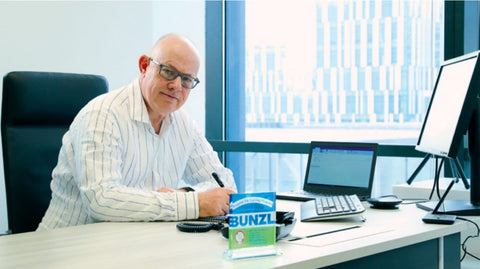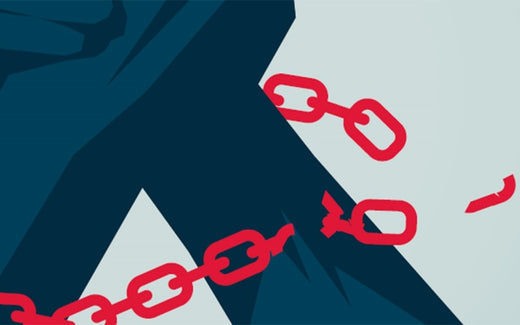More than 50 million people worldwide are estimated to be living in slavery, with nearly 28 million of those in forced labour.
With global trade so extensive and supply chains stretching across every corner of the planet, businesses are increasingly responsible for ensuring sourcing is ethical and lawful.
As a company operating across more than 30 countries and with supply chains in around 70, Bunzl has zero tolerance for unethical practises. The business is committed to eliminating modern slavery practices and respecting human rights across both its own operations and supply chain.
To achieve this, the Bunzl group globally, takes a hands-on approach to ensuring businesses and individuals operating within the supply chains are complying with communities’ and workers’ rights.
While the majority of its direct suppliers are based in countries with low- or medium-levels of social risk, around 15% of the company’s procurement-spend takes place with suppliers in higher-risk countries, such as China, India, Malaysia and Indonesia.

Based in Shanghai, Bunzl Global Sourcing Director Paul Stoker focuses especially on these regions, as he aims to deliver ethically sourced products from Asia to the company’s customers around the world.
Here, Stoker explains the scope of his role, and Bunzl’s wider approach to eradicating slavery from supply chains.
What is our approach to responsible sourcing?
We have a zero tolerance for unacceptable practices, including the use of child, forced or bonded labour; illegal discrimination; wages not meeting local minimum requirements; not providing adequate days of rest; and any other breach of local or applicable international requirements for workers’ welfare and conditions of employment.
What makes our responsible-sourcing approach unique?
We choose to manage our own program, believing that building strong relationships with our supply chain offers the greatest benefit to our business, our customers, and those suppliers whom we partner with.
Do we audit our suppliers?
The Shanghai team [led by Stoker] performs regular audits of our direct suppliers in Asia… covering more than 98% of our Asian Bunzl spend in over 13 Asian countries.
Our audits include factory walk-throughs in all areas, including production, packing, canteens and dormitories… and we also conduct employee interviews, using our own translators where required.
Our audits cover various aspects of social, environmental, and quality control. This includes child, forced or bonded labour, disciplinary practices, management of homeworkers and foreign migrant workers, freedom of association, wages, working hours and health and safety.
What do you do if you uncover any instances of modern slavery?
In the event of allegation or discovery of specific non-conformance with the Ethical Sourcing Policy, our preferred practice is to work with suppliers to achieve meaningful improvement. If any manufacturer fails to undertake corrective action and is not seeking to achieve improved outcomes, then we would terminate the relationship.
Interpath Services operates within the Bunzl Group and adheres to the same comprehensive Code of Conduct, which includes stringent provisions against Modern Slavery.
[Learn More about our Business Code of Conduct here]

